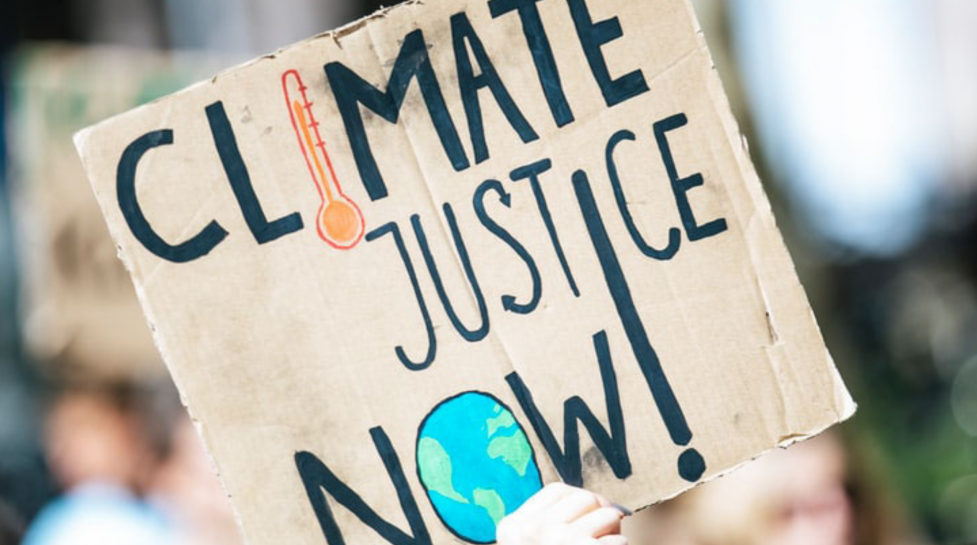What is the connection between climate and racial equity? Put simply, the effects of climate change are worse for some people.
Without a focus on correcting this injustice, work on climate change addresses only symptoms, and not root causes. As we plan for the future—a future in which our weather is more unpredictable, threats of flooding and fires rise, and hot summer days occur more frequently—equity must be at the core of all our efforts to reduce our climate impact and work to adapt to a changing climate.
What is the connection between climate and racial equity? Put simply, the effects of climate change are worse for some people.
We live in an inequitable society, which means that the burdens created by climate change are not felt equally. Over 400 years of racial oppression and systemic racism has negatively impacted people of color’s access to healthcare, education, transportation and socioeconomic opportunities to name a few. This is also true for the effects of climate change.
Let’s look at heat, for example. According to a 2017 report conducted by University of Colorado Boulder researcher, Dr. Paul Chenowsky, the trend towards increasing temperatures in Boulder County will lead to adverse health outcomes. Some of these health outcomes are directly related to a warmer climate (more instances of heat stroke), while others are indirectly related to a warmer climate (higher asthma and allergy rates).
What is the connection between climate and racial equity? Put simply, the effects of climate change are worse for some people.
- Climate Initiatives Director Jonathan KoehnClimate change will also compound inequities in other ways. According to analysis published by the USDA, non-white households are also more than twice as likely to face food insecurity. During the great recession of 2008 to 2010, nearly a third of non-white households were food insecure. The current crisis has exposed how vulnerable our existing food systems and supply chains are to disruptions. As the number and intensity of climate change events increases, those with already limited access to healthy and nutritious food will face even greater challenges.
These are just a few of the intersections of climate change, race and systemic inequity. Taken together, it becomes clear that climate change poses a greater health and safety threat to people of color in our community.
As we move forward, the city’s Climate Initiatives Department is committed to ensuring that equity is at the core of our work to reduce our climate impact and prepare our whole community for the changes ahead.
We applaud those in our community who advocate for and support racial equity and we look forward to engaging in renewed community dialogue on this important topic.
At the center of our climate work, we acknowledge that while we strive for equity, inclusion and social resilience, we have a long way to go to address racism and bias. Our climate crisis is intertwined with our racial inequity crisis. If we don’t work on both, we will succeed at neither.
Keep Reading
News keep reading
-
City of Boulder to Host Virtual Community Information Session on Recent Public Safety Power Shutoff
-
City of Boulder and Boulder County Share Results of Boulder Valley Comprehensive Plan Statistically-Valid Survey
-
Boulder Joins Global Effort to Restore Urban Nature
-
City of Boulder Releases 2024 Greenhouse Gas Inventory
